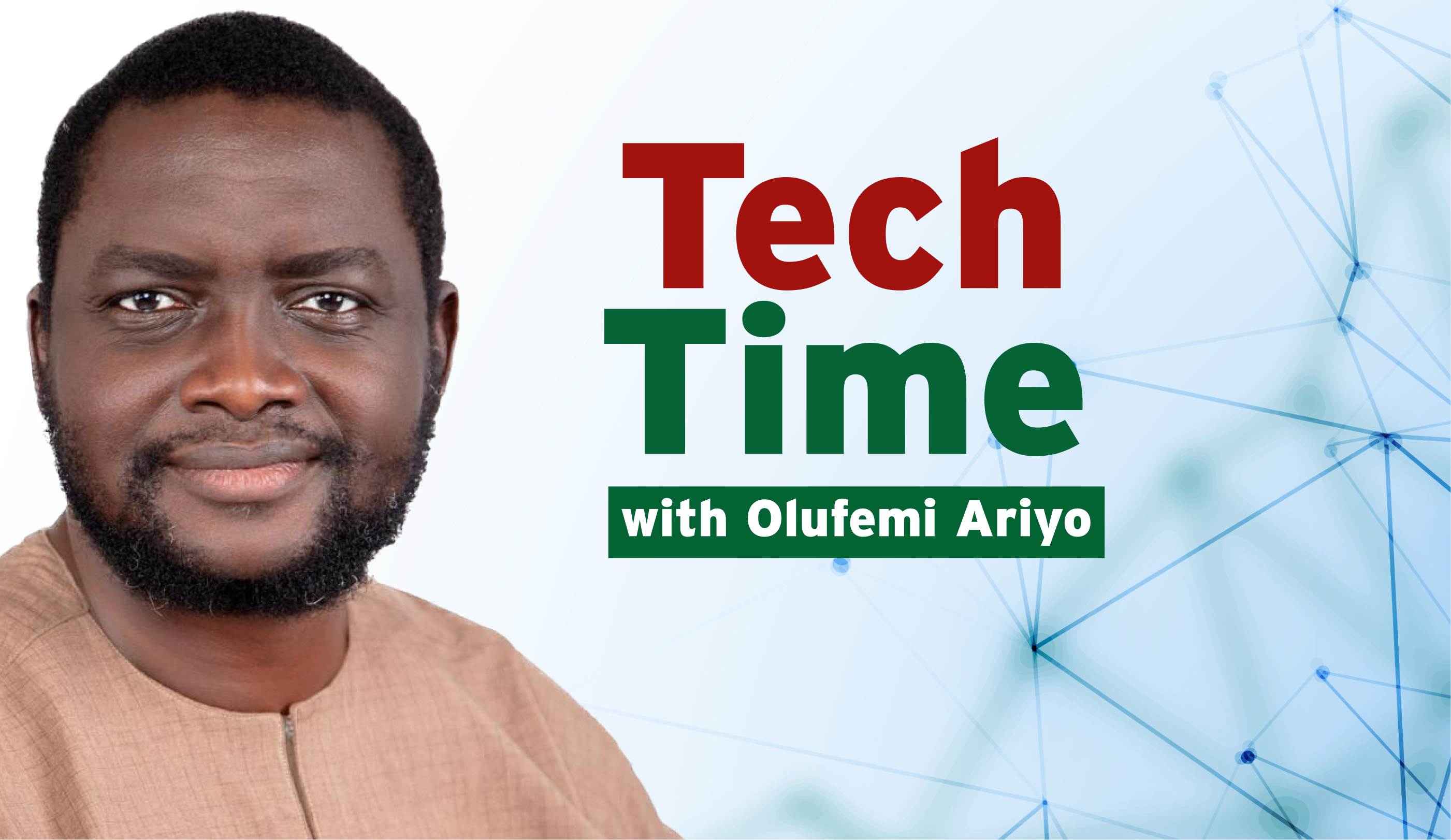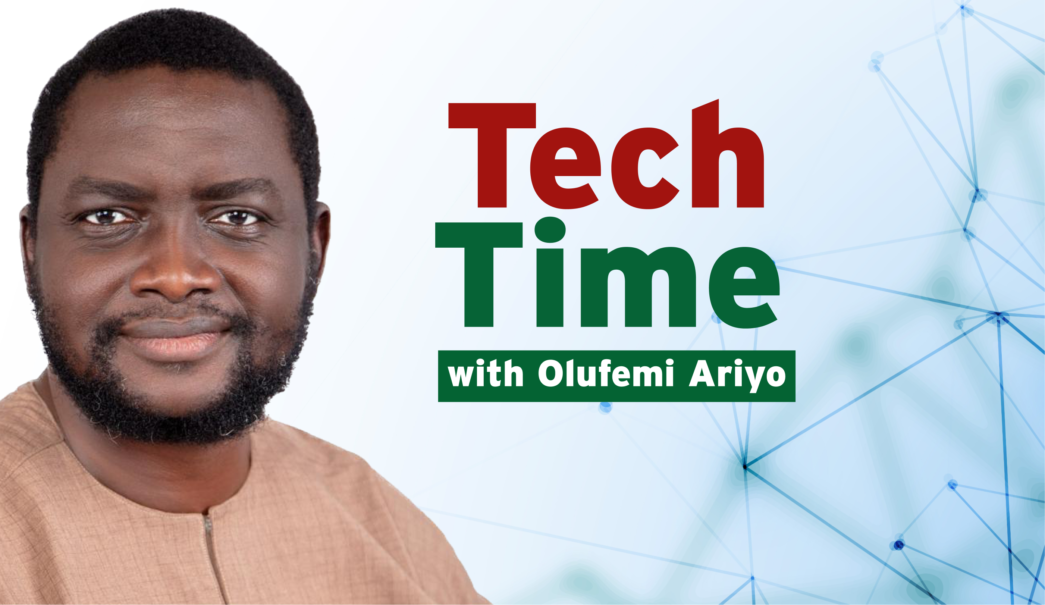“A nation’s greatest asset is not its natural resources but the potential of its people—especially those it has sent into the world,” says Ban Ki-moon, Former UN Secretary-General. For decades, Nigeria has watched its most talented citizens leave in search of greener pastures—doctors saving lives in London, engineers building infrastructure in Dubai, software developers writing code in Silicon Valley, and academics shaping minds at Ivy League institutions. This phenomenon, commonly referred to as brain drain, has long been framed as a national tragedy: a continuous haemorrhaging of human capital. But what if we flipped the script?
What if we saw Nigeria’s vast diaspora—estimated at over 17 million globally—not as a loss, but as a powerful global network of influence, innovation, and investment? Across continents, Nigerians are excelling in tech, medicine, finance, education, and public service. They occupy leadership roles in multinational corporations, launch successful startups, and contribute cutting-edge research in world-class institutions. Rather than lament their absence, we should be asking: how can we harness their presence, wherever they are?
This is where technology-enabled diaspora engagement becomes a game-changer. By building digital bridges between Nigerians abroad and opportunities at home, we can transform brain drain into brain gain—catalysing job creation, mentorship, investment, and long-term national development. The tools exist. The talent is ready. What remains is the will to connect the dots and create a global-to-local ecosystem that works—for the youth, for the economy, and for the future of Nigeria.
The Nigerian Diaspora: A Hidden Advantage
Advertisement
Nigeria’s global diaspora is one of the country’s most underutilised strategic assets. In 2023 alone, Nigerians abroad sent home over $19 billion in remittances, according to World Bank data—surpassing both foreign direct investment (FDI) and official development assistance (ODA). While these remittances often go toward household needs, education, and healthcare, they barely scratch the surface of the diaspora’s true economic and developmental potential.
Beneath the surface lies a deep reservoir of human capital. The Nigerian diaspora comprises medical doctors in the UK’s NHS, AI researchers at MIT, fintech entrepreneurs in Silicon Valley, product managers at Meta, and policy advisors at the UN. These individuals have access to global best practices, capital markets, technologies, and talent networks. More importantly, many of them remain emotionally and culturally invested in Nigeria—they want to contribute, but often lack structured, trustworthy, and tech-enabled channels to do so.
Nigeria is currently experiencing a historic “japa” wave—where large numbers of young, educated professionals are emigrating. While this trend raises concern about talent depletion, it also expands the pool of globally connected Nigerians who can potentially serve as mentors, employers, collaborators, and investors back home.
Advertisement
Consider some recent examples:
- Iyinoluwa Aboyeji, co-founder of Andela and Flutterwave, has built pan-African tech infrastructure from both Nigeria and abroad.
- Onyema Ogbuagu, a Nigerian doctor at Yale, led a clinical trial of the Pfizer COVID-19 vaccine.
- Chijioke Dozie, based between Lagos and abroad, co-founded Carbon, a leading digital financial services platform in Nigeria.
These are not isolated stories—they reflect the untapped scale and depth of Nigerian excellence abroad. Imagine the compounding effect if tens of thousands of skilled diaspora Nigerians were systematically engaged through technology.
The Tech Advantage: Bridging Geography with Digital Infrastructure
Advertisement
Until recently, engaging with the diaspora in a structured and productive way was limited by geographic distance, administrative red tape, and institutional silos. However, advancements in digital infrastructure and collaboration tools have significantly lowered these barriers. Today, thanks to cloud computing, fintech, communication platforms, and decentralised networks, geography is no longer destiny. We will explore how technology is transforming diaspora engagement into a scalable, inclusive driver of job creation and innovation:
- Remote Work and Job Creation
The post-pandemic shift to remote work has permanently altered how global companies operate. This is a golden opportunity for diaspora-led organisations and professionals to build distributed teams that include Nigerian talent—especially in software development, digital marketing, customer support, and research.
Platforms like Andela, which started by connecting African developers to U.S. companies, demonstrated the viability of this model. But now, there’s room for diaspora-focused variants—platforms or communities designed specifically for Nigerian expatriates to hire, mentor, and collaborate with Nigerian-based talent. This can foster knowledge exchange, reduce unemployment, and expose local talent to global standards.
Advertisement
Even informal remote engagements—like freelancers hired via platforms such as Upwork, Deel, or Fiverr—can become part of a broader strategy of employment generation with the right enabling ecosystem.
Advertisement
- Diaspora-Led Investments via Tech Platforms
Beyond sending money to family, the diaspora can become angel investors, venture capitalists, or micro-equity participants in Nigeria’s emerging businesses—especially if equipped with the right tech tools.
Innovative platforms such as:
Advertisement
- ThriveAgric, which connects diaspora funders with local farmers
- Chaka, offering digital access to Nigerian and international stocks
- GetEquity, a platform for investing in African startups
…show how diaspora capital can be mobilised for scalable, productive enterprises, especially in agriculture, fintech, healthcare, and education.
What’s missing is a dedicated Diaspora Investment Platform, backed by credible institutions, where vetted local startups and SMEs can meet diaspora investors in a secure, transparent, and tech-enabled space. A model that enables $1,000 to $50,000 equity-based contributions could become a catalyst for MSME growth and job creation.
Advertisement
- Mentorship and Knowledge Transfer Hubs
Technology allows for the democratisation of mentorship. Instead of waiting for physical return or official appointments, diaspora professionals can engage with Nigerian youth virtually and asynchronously.
A well-designed Mentorship-as-a-Service (MaaS) platform could match:
- Final-year university students with diaspora professionals in their field
- Startup founders with experienced diaspora entrepreneurs
- Mid-career workers with diaspora-based upskilling coaches
Through Zoom calls, WhatsApp groups, online courses, podcasts, and curated Slack communities, mentorship can become a continuous learning loop. AI could further enhance this by matching mentors and mentees based on interest, availability, and industry relevance.
The impact? A more confident, competent, and globally aligned workforce in Nigeria.
- Policy-Tech Interface: A Digital Diaspora Registry
To effectively coordinate diaspora engagement, Nigeria must develop a comprehensive, secure, and accessible digital registry of its diaspora population. This registry should:
- Be built with interoperable data from embassies, diaspora groups, and relevant agencies
- Include self-updated profiles verified through blockchain or national ID systems
- Allow Nigerians abroad to indicate their skills, investment interests, preferred sectors, and availability for engagement
Such a system could also serve as the backbone for targeted campaigns—e.g., calls for mentors, invitations to invest, or participation in public-private initiatives. Think of it as LinkedIn meets National Service—but global and voluntary.
To encourage participation, diaspora members can be offered digital credentials, recognition certificates, or even tax incentives for their contributions.
Indeed, technology offers Nigeria the chance to turn an exodus into a network—a web of innovation, opportunity, and nation-building that spans continents. But this won’t happen automatically. It requires intentional policies, innovative platforms, and cultural reorientation.
In short: the diaspora is not gone; they are just a video call or click away. With the right tech infrastructure and national strategy, we can build a digital bridge strong enough to carry skills, capital, and hope back home.
Government and Private Sector: A Call to Collaboration
While technology offers the tools, only government policy and private sector collaboration can build the structures and systems needed for sustained diaspora engagement. The Federal Government’s National Diaspora Policy, launched in recent years under the Nigerians in Diaspora Commission (NiDCOM), was a crucial acknowledgment of the diaspora’s potential. However, in the absence of well-funded, action-oriented implementation pipelines, such policies risk becoming symbolic declarations—rather than engines of employment and innovation.
To unlock the full potential of diaspora engagement, Nigeria needs to adopt a Diaspora Innovation & Employment Strategy. This would be a multi-stakeholder framework involving federal and state governments, local tech hubs, academic institutions, private investors, and diaspora networks. Here’s what that could look like in practice:
- Incentives for Diaspora-Led Businesses in Nigeria
Many diaspora Nigerians want to invest or set up businesses back home but are discouraged by bureaucracy, lack of trust, and limited infrastructure. A strategic fix would be the creation of a “Diaspora Business Fast-Track Program” under the Ministry of Industry, Trade and Investment.
What this could offer:
- Priority access to government services and registration processes
- Land or facility access through public-private partnerships
- Legal support and dispute resolution services tailored to diaspora-led startups
- Visa-on-arrival programs for diaspora investors visiting to launch or oversee operations
An example of this is Dr. Ola Brown, founder of Flying Doctors Healthcare Investment Group, operates between the UK and Nigeria, focusing on healthcare investment. With a structured support system, many like her could scale impact across sectors.
- Partnerships with Tech Hubs for Remote Internships and Talent Incubation
Imagine if top Nigerian tech hubs—such as CcHub, Ventures Platform, and Decagon—teamed up with diaspora professionals and companies to launch remote internship and mentorship programs. Diaspora-led companies could offer virtual internships to Nigerian university students or recent graduates, helping them gain experience with global workflows, tools, and expectations.
What this could look like:
- Government and hub-led directories that match Nigerian students to diaspora firms needing interns
- Public grants or stipends for interns supported by youth-focused government programs (e.g., N-Power)
- Tech-enabled “Internship Exchanges” between local and global firms with shared projects
For instance, through Andela’s early model, developers in Nigeria worked remotely for U.S. companies—earning in dollars while building skills. With government and private sector coordination, similar models can be applied across industries like marketing, design, analytics, and health tech.
- Tax or Policy Incentives for Diaspora Angel Investors
To increase diaspora investments beyond remittances, Nigeria can adopt targeted tax incentives or matching grants for diaspora angel investors. A good model would be the SEED Enterprise Fund, proposed as a public-private co-investment vehicle where diaspora investors:
- Receive partial capital risk guarantees
- Get tax waivers or deferrals on earnings reinvested into local businesses
- Gain priority access to select early-stage ventures vetted by credible partners
Take for example, countries like India and Israel have long used diaspora bonds and tax-incentivised investment programs to fund infrastructure and innovation. Nigeria can adapt this model to support MSMEs, especially in underserved regions.
- National Campaigns to Change the Narrative
A recurring obstacle to diaspora engagement is narrative disconnection. Many abroad feel unwelcome or unsure about how to engage meaningfully. A national campaign titled “You Don’t Have to Come Back to Give Back” could reframe diaspora contributions and create emotional proximity between those abroad and those at home.
What this could involve:
- Storytelling campaigns highlighting diaspora-led projects and their impact
- Nationwide mentorship drives supported by embassies and local institutions
- Public recognition—awards, ambassador roles, or public holidays (like a “Diaspora Day”) to celebrate contributions
For your imagination, the Ghanaian Year of Return (2019) campaign generated $3.3 billion in tourism revenue by engaging the diaspora through culture, investment, and nation branding. Nigeria can build its own “Decade of Connection”—but with a stronger focus on skills and employment outcomes.
Conclusion: A Win-Win Future
Transforming brain drain into brain gain is not a lofty dream—it is a practical, strategic necessity.
With over 33% youth unemployment, and more young people leaving the country each year, Nigeria faces a pivotal moment. The status quo is no longer an option. What we need is not just policy—but purposeful collaboration, enabled by technology and backed by strategic investment. Our diaspora is not a lost tribe—they are a distributed network of ambassadors, innovators, and partners in progress. The tools to connect and collaborate already exist: Zoom, Slack, blockchain, fintech platforms, and digital ID systems. What’s needed now is the willpower to build the bridges, not just talk about them.
If we can engage just 10% of Nigeria’s diaspora in structured, tech-enabled economic collaboration—through investment, mentorship, remote hiring, or knowledge sharing—we can catalyse hundreds of thousands of jobs, accelerate innovation, and reposition Nigeria not just as a talent-exporting country, but a talent-building powerhouse. Let’s stop asking whether Nigerians abroad will return, and instead start building a system where their impact never had to leave.
Thanks for reading! If you found this insightful, feel free to follow me on Medium: https://medium.com/@roariyo, for more curated thoughts, or connect with me on https://www.linkedin.com/in/olufemiariyo/. You’re also welcome to reach out directly via email at [email protected]












